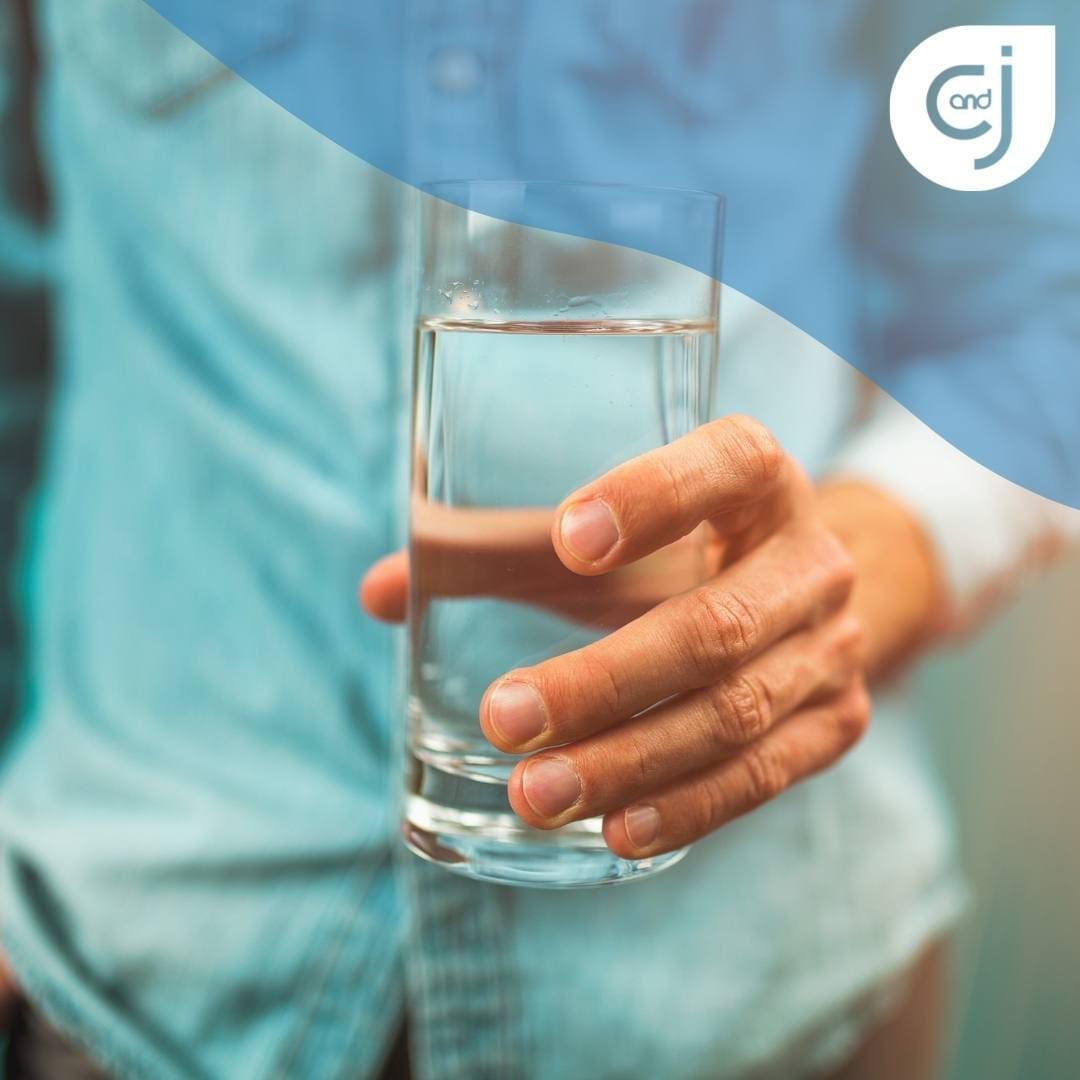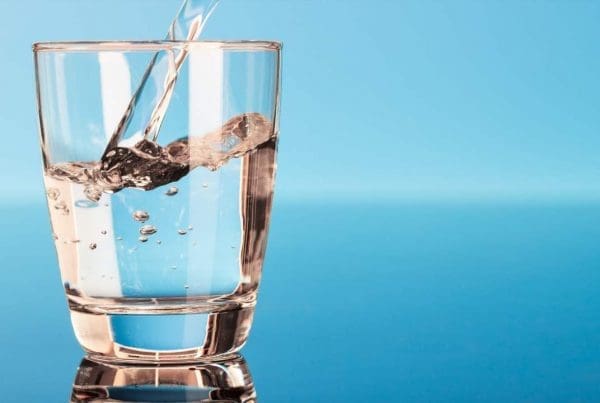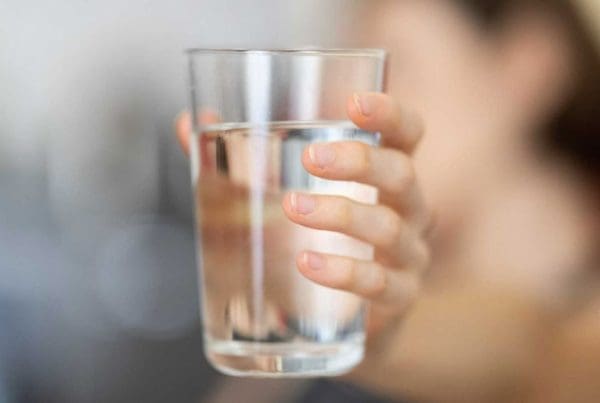Improve Your City Water with These Tips
How often do you think about the quality of your city water? We use it every day, but you probably don’t give it much thought unless something is noticeably off with your water. However, the quality of the water flowing through your home can negatively impact your health. If the city supplies the water in your home, you might think it is intrinsically safe to drink, but—as recent headlines can attest—this couldn’t be further from the truth. Even the public water supply for Central Indiana can have quality issues.
Replace Your Filters
 Bacteria, bacteria, metals, and other contaminants can build up in water filters, causing them to no longer work properly and causing a foul taste or smell. To prevent a sour taste or smell, follow the instructions from your specific water filter. This might mean routinely cleaning it or replacing the filters every so often. To learn more about water filters, check out our blog post on the types of filters and when to change them.
Bacteria, bacteria, metals, and other contaminants can build up in water filters, causing them to no longer work properly and causing a foul taste or smell. To prevent a sour taste or smell, follow the instructions from your specific water filter. This might mean routinely cleaning it or replacing the filters every so often. To learn more about water filters, check out our blog post on the types of filters and when to change them.
Check Your Plumbing
Your indoor plumbing could be the culprit if you are experiencing water quality issues from your city water. Older homes may have pipes that have been corroded over time, and the only way to improve on this is to replace the lines themselves. Have a trusted professional come out and check the pipes throughout your house.
Check For Leaks
New research has shown that leaking water pipes can allow potentially harmful contaminants into our drinking water. The pressure in mains water pipes usually forces water out through leaks, preventing anything else from getting in. But when there is a significant pressure drop in a damaged section of pipe, the water surrounding the pipe can be sucked in through the hole. If you aren’t sure how to check your house for water leaks, contact a professional.
Drain Your Water Heater
You should make it a practice to drain your water heater annually. Sediment, bacteria, and metals can build up in the water heater tank, impacting household water quality and water pressure. If you are experiencing less-than-desirable water quality, draining the buildup in your water heater might help.
Clean or Replace Your Faucet Aerators
An aerator is a device attached to the tip of a faucet. It saves water, filters out debris, and prevents water from splashing. As water flows through the screen mixes with air and flows more evenly. As water stands in your home’s plumbing, lead from the soldered joints and old lead pipes can get into your water. Other debris can build up on the aerator, too. It’s essential to clean faucet aerators and screens to remove debris. It’s recommended that you replace the aerator annually and clean the aerator twice a year. If the aerator appears to need frequent cleaning or becomes worn, the aerator may need to be replaced more often.
 Primarily Use Cold Water
Primarily Use Cold Water
Do not use hot tap water for drinking and cooking. Hot water dissolves contaminants and may contain metals, sediment, and bacteria that build up in the water heater. If you have household lead sources, hot water can cause lead to release in your drinking water. Using cold water can reduce this risk, but it is merely a stop-gap. If you are experiencing bacteria or lead, you will want to choose more permanent solutions.
Regularly Test Your Water
It’s important to know what’s in your city water and what’s going into your body as a result. Your water should be tested once a year for total coliform bacteria, nitrates, total dissolved solids, and pH levels. If you suspect other contaminants, you should test for those as well. Regular water testing is essential to ensure your family has the highest-quality water. At C and J Water, we can schedule a free water analysis and more stringent testing, as necessary.
Install Water Treatment Equipment
If you want to take control of the water quality in your home, you may need additional water treatment equipment. In America, 95% of municipal water facilities treat water with chlorine before sending it to their customers. Chlorine can cause a myriad of issues and should be removed before use with a dechlorinator. If bacteria have been found in your water, UV light mitigation might be a good option. A water softener is almost a must-have and will remove the hardness minerals that cause staining and scaling. Furthermore, reverse osmosis is an excellent option for your family’s drinking and cooking water.
Whichever measures you decide to take to improve your city water quality, C and J Water is here to help—contact us today!




